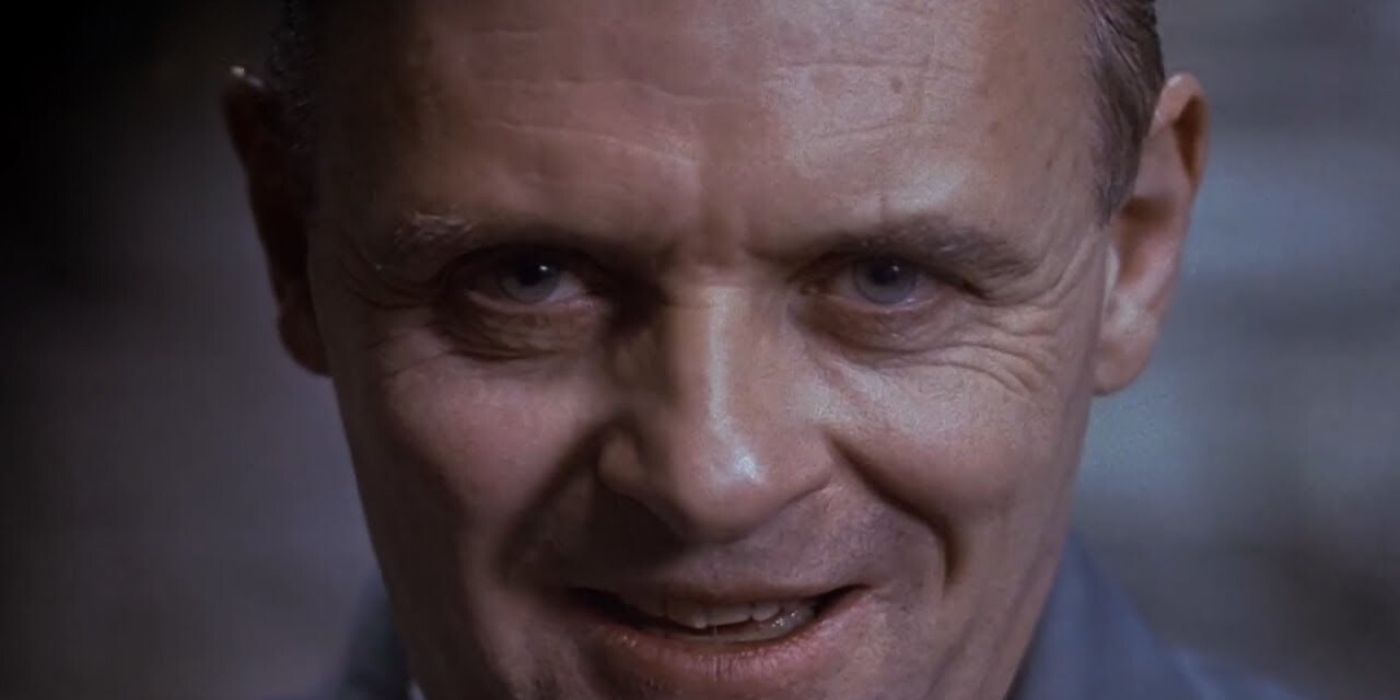
Despite being a groundbreaking horror movie that made history by winning the Best Picture Oscar, “The Silence of the Lambs” also signifies a significant change in law enforcement, providing a realistic portrayal of contemporary FBI investigation techniques. This remarkable film was primarily influenced by the work of John Douglas, a trailblazing FBI agent who tirelessly worked on categorizing and analyzing the behaviors of convicted murderers. The FBI team he joined, known as “profilers,” aimed to predict which individuals were most likely to commit horrific acts of violence. Ultimately, Douglas delved into the minds of every criminal in prison, contributing to the development of fictional characters such as Hannibal Lecter and Buffalo Bill.
In the 1970s at the FBI Headquarters in Quantico, Virginia, Agent Douglas collaborated with fellow agent Robert Ressler from the Behavioral Science Unit to develop a system. This work, carried out alongside Ressler, would offer an abundance of understanding about the psyches of humanity’s most heinous criminals. An unexpected outcome of Douglas’s career has been the widespread recognition and portrayal of FBI profilers in television and movies, as well as a fascination with their line of work. With the influx of true-crime shows and films, Douglas sometimes expresses concerns about the growing influence of The Bureau within popular culture.
The FBI Goes Back to School

The FBI established the Behavioral Science Unit (BSU) to enhance their agents’ skills in tracking down suspects as the number of offenders was rapidly increasing and traditional police work lacked specialized training, data collection, and analysis. In the 1970s, John Douglas, along with his colleagues Ressler and Dr. Ann Burgess, developed a comprehensive profile of typical serial killers by examining and analyzing the characteristics of 36 such offenders. This refined model served as the foundation for The Bureau’s understanding of serial killers. Later on, David Fincher dramatized this extensive interview project that took place over several years in the Netflix series “Mindhunter,” which was based on Douglas’ memoirs detailing his experiences at the BSU.
Investigators delved into an individual’s past, upbringing, and overall lifestyle patterns to create innovative diagnostic methods to identify the perpetrators of specific crimes, as well as understand their motives. As depicted on The FBI Files, Douglas stated, “I approach my work similar to a medical doctor making a diagnosis. I’ll rely on the extensive cases I’ve handled and the countless interviews with offenders who have committed crimes of a similar nature.” Their discoveries remain relevant and influential in investigations today.
Hannibal Lecter, the Greatest Promotional Tool the FBI Ever Had

The shift in criminology sparked discontent among some psychology professionals, and caused skepticism among many police officers who viewed it as an unproven trick. However, it was only in the 1970s that people started to take notice of the fact that even the most deplorable criminals crave recognition for their wrongdoings. The FBI initially resisted giving them a platform to boast about their past accomplishments, as suggested in the book “On the Farm.” Known as criminal investigative analysis, profiling was never officially endorsed by licensed psychologists, according to the APA, and its implementation varies from one agent to another.
The effectiveness of the program was undeniable, as the idea of profiling spread throughout the nation due to Douglas’s efforts in persuading the FBI to educate local law enforcement officers. Any criticism the program received gradually subsided by the ’90s, largely due to the impact of the movie “The Silence of the Lambs.” It is worth noting that the character Jack Crawford, portrayed by Scott Glenn in the film, was modeled after Douglas in Thomas Harris’ novels. Consequently, other shows started adopting this concept as FBI-related series gained popularity, with shows like “The X-Files,” “Millennium,” and the NBC show “Profiler” being some examples.
From Quantico to Hollywood

Although Anthony Hopkins gained widespread recognition for his role as Hannibal Lecter across various books, films, and TV shows like “Manhunter,” “Silence of the Lambs,” “Hannibal,” and “Red Dragon,” he reportedly wasn’t pleased with the final portrayals on screen. Even three decades later, directors and scriptwriters continue to fall into tired stereotypes. In a 2017 interview with The New York Post, Hopkins admitted feeling embarrassed by how FBI profilers were depicted on screen as self-reliant, glamorous individuals in fashionable suits, monopolizing the limelight and performing all the gritty work alone, leaving no room for teamwork or collaboration.
As a movie enthusiast, it grates on me when films fail to deliver authentic portrayals of law enforcement. The inaccuracies in these movies make them hard for me to watch. For instance, scenes where FBI agents rush in with guns drawn and storm through doors, taking over investigations – that’s not how it works in the real world. Instead, if I were working alongside a police officer on a case, I would collaborate to develop a more proactive approach, rather than simply swooping in at the last minute.
Besides Douglas, who achieved fame following years of quiet labor in obscurity, winning favor from notorious serial killers, it can be said that the FBI doesn’t boast celebrities like Fox Mulder. In fact, portraying endless conversations about bedwetting and mother issues as glamorous is quite a stretch. The FBI is more of a systematic, facts-oriented organization, typically called upon in critical situations or when jurisdictions clash. Most of today’s FBI agents are resources, working closely with law enforcement officers nationwide and globally. No, Hannibal Lecter isn’t modeled on a real case, but any profiler will acknowledge that the essential elements for creating such a monster are distressingly common.
Read More
- Grimguard Tactics tier list – Ranking the main classes
- 10 Most Anticipated Anime of 2025
- Gold Rate Forecast
- Silver Rate Forecast
- PUBG Mobile heads back to Riyadh for EWC 2025
- USD CNY PREDICTION
- Maiden Academy tier list
- Mech Vs Aliens codes – Currently active promos (June 2025)
- Castle Duels tier list – Best Legendary and Epic cards
- Box Office: ‘Jurassic World Rebirth’ Stomping to $127M U.S. Bow, North of $250M Million Globally
2025-03-29 21:32